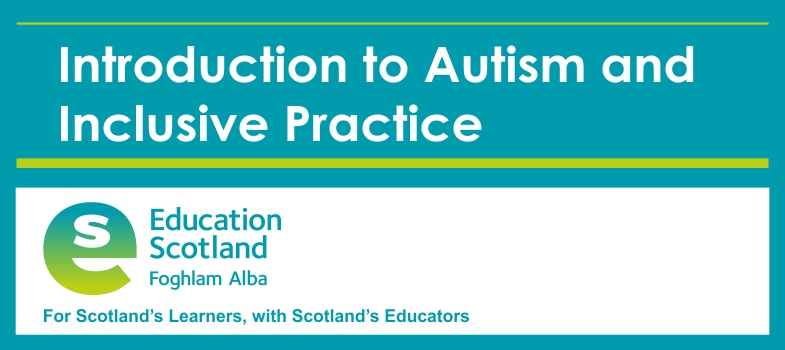6.1 Social interaction and emotional wellbeing
Everyone working in an education setting should have a shared understanding of health and wellbeing as it is the responsibility of everyone.
For autistic learners, it is important to remember that emotional health and emotional wellbeing is often best supported through the physical and social environment.
For example, when a child is distressed about noisy corridors, instead of talking to them about their emotional wellbeing, a better approach would be to plan for them to use the corridor at a quieter time.
Talking therapies can require a level of metacognition that even many teenagers have not reached.
Some might require a level of support to begin to talk about likes, dislikes and to grade whether something is a small, medium or big problem before they are ready to spend time learning emotion vocabulary.
Where a child and family raise a discussion point around the individual’s understanding of their own diagnosis, seek support from the team around the child and those with the right experience to meet this need. It is not recommended that children share personal diagnoses publicly, for example to the class or at an assembly. This is something they can never un-tell and can have unforeseen consequences in future.
Self and mutual regulation are really important for emotional wellbeing.
For further information on supporting wellbeing, go to the Coping and Resilience section of the Toolbox.
Learners may need support with relationships in and out of school, perspectives, and issues relating to bullying.
An autistic learner may be less comfortable than peers to engage in shared experiences, which may impact on their motivation to join in group activities, such as social games and sports. Misunderstandings may arise with the social use of language and in interpersonal engagement and unspoken aspects of communication. For example, missing the social contexts of situations. This can leave the autistic child or young person on the periphery and can cause isolation and loneliness; for some autistic learners, this may contribute towards a mental health difficulty.
Autism is a social and emotional learning difference and autistic learners can experience difficulties as they interpret the world around them and by the way they are perceived by the peers and adults with whom they interact. However, there are also many positive aspects of autism which should not be underestimated.
To support the emotional wellbeing of their autistic learners, educational practitioners need to be aware of factors which can have both a negative and positive impact. They should:
- recognise and maximise positive impacts
- support to reduce negative impacts.
An autistic learner may have a single-minded focus on developing friendships. They may desperately want a friend and can misinterpret kindness for friendship and become attached to someone who does not consider them a friend. Inflexibility of thought and a lack of appreciation of the others’ feelings may result in rejection.
6 Social and emotional wellbeing
